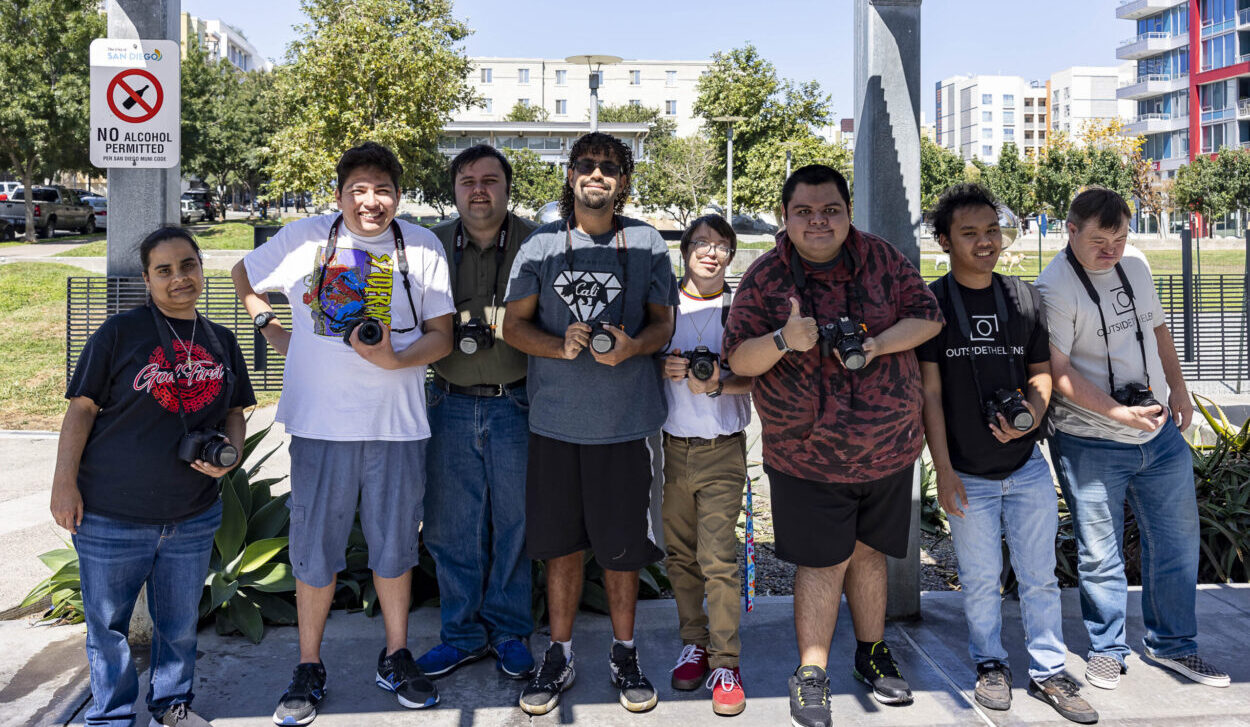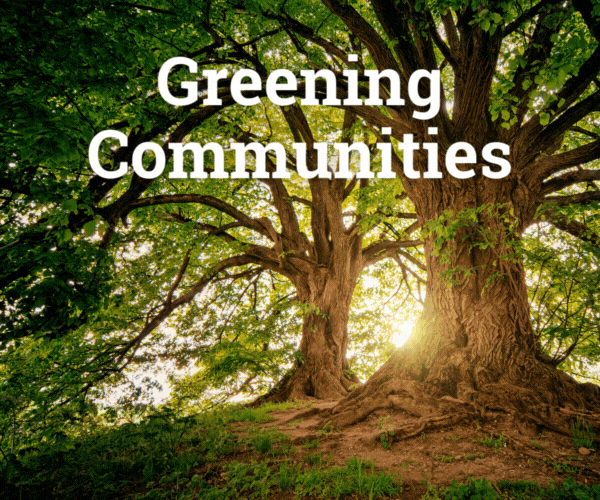SAN DIEGO, California — The community-based organization Outside the Lens has launched the unique initiative, ‘Rise Above,’ which allows people with physical and intellectual disabilities to make and create their stories of being bullied at school.
‘Rise Above’ is helmed by San Diego Media Makers, an arm of Outside the Lens. Students receive comprehensive training in contemporary digital media, filmmaking, and photography, as well as pathways to employment via mentorships, paid internships, and shadowing professionals.
Currently, 25 people are enrolled in the program. SDMM has opened up enrollment for its summer program. The criteria for participating is simple: participants must have graduated high school or completed a transition program. Prior knowledge of the media arts is not required.
The program receives funding from the state of California’s Stop the Hate initiative.
’They Told Me I Was Worthless’
Students participate in all facets of the creation of the videos and content: writing part of the script, being behind the camera during filming, or in front of the camera speaking and acting. Films take from a full day to a few weeks to produce, depending on the length.
The first short films released by SDMM feature autistic people discussing their experiences with bullying in school. In one of films, Gio, who is autistic, says he tried to “mind my own business,” but was nonetheless harassed verbally by his peers. He was called fat, and slow, among other taunts. “They told me I was worthless. It hurt,” he said.
Aspiring artist, singer, director Kaelyn shared in her video: “I have autism, and I may seem different. But different isn’t bad.”
Bullying is Abuse
“People judge me because I can’t stand loud noises or like certain textures. They say I’m being overly dramatic.”
“When you make fun of me or ignore me, you’re being abusive,” she said.
“The participants in our program have been really passionate about this initiative because it really hits home for them,” SDMM Program Director Kevin Tung told Ethnic Media Services. “Bullying is something that many of them have experienced and want to talk about,” he said.
Isolation and Disconnect
The Justice Department’s Office of Civil Rights reports that students with physical or intellectual disabilities are bullied at twice, or even three times the rate of their peers. Physical and verbal assaults, threats, humiliation, and taunting are some of the ways disabled students are bullied. In some of the most egregious incidents found on social media, students were pushed out of their wheelchairs and to the ground as other students watched, without offering help.
Students with disabilities are often isolated from the larger school going population, getting their learning in temporary facilities — portables — on the sidelines of campus. “There isn’t enough interaction,” said Tung. “Especially since children are still developing, they may not understand how to interact with students who have physical or cognitive differences.”
Nate, who is unable to use his left harm, said he has had to work hard to show people that he can participate in sports and other activities. “There are so many haters,” he said. “I want to spread love and celebrate our differences.”
“As individuals become more skilled they are given more opportunities to participate in the process, including the editing and post production aspects of the films,” said Tung. As with any film, getting actors to remember their lines is a challenge, he said, adding: “Sometimes we have to have the lines written down but that can take away from the natural flow of dialogue.”
In the beginning, equipment was a challenge, but SDMM has slowly been able to add new and better equipment to make higher quality films, said Tung.
“Participants all have unique and powerful stories to tell: our goal is to help them share that through the media arts. Our hope is the next step is to then share their passions and achievements in spite of bullying, and challenge lower expectations or under-estimation of their skills and talents.”
“And lastly we hope to provide a space for them to gain confidence in their skills and take that confidence with them into their lives both personally and professionally,” said Tung.
In the 2nd year of the Stop The Hate grant, SDMM is slated to make a 15-minute documentary about school bullying.
This resource is supported in whole or in part by funding provided by the State of California, administered by the California State Library in partnership with the California Department of Social Services and the California Commission on Asian and Pacific Islander American Affairs as part of the Stop the Hate program. To report a hate incident or hate crime and get support, go to CA vs Hate.






